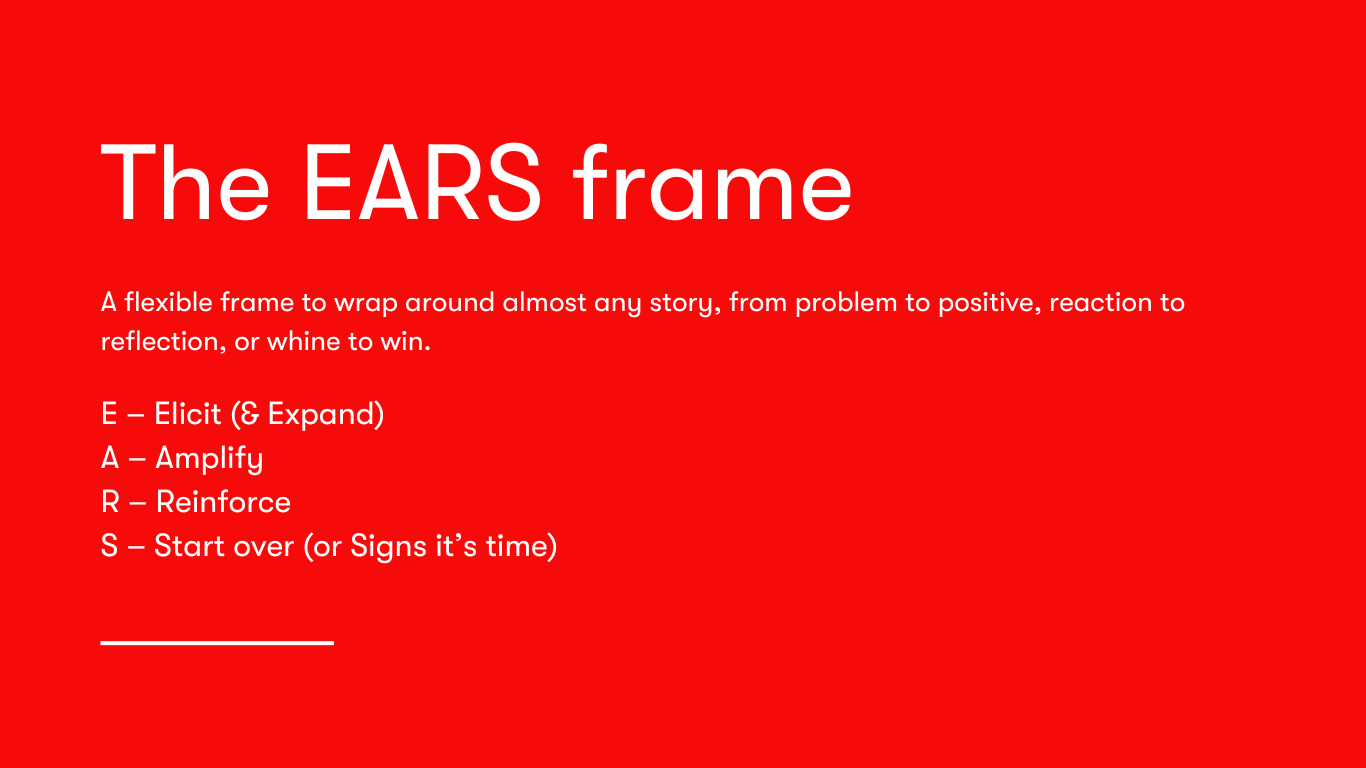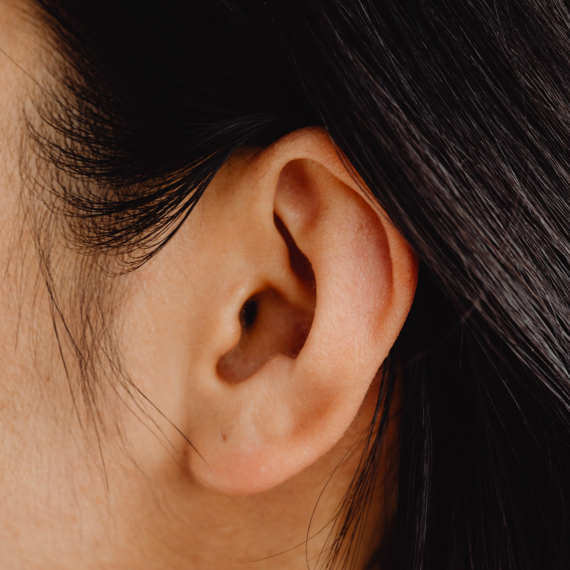Lead by Listening
Since we went into lockdown in my home and work life, we have found constructive listening has been more critical than ever before.
In or out of lockdown, listening well is essential. In challenging situations, listening constructively is super important! When things are tough, it’s easy to focus on what’s not working, challenges, and the complexity of issues all around.
We, as humans, have biases toward pessimism and complexity. So, what difference might it make if you could help people see themselves as more resourceful and leverage their strengths into their work and life during these tough times?
In a previous post we looked at the Disraeli Effect described by McKergow and Bailey (2014).
Here we present you with a tool to operationalize it in day-to-day interactions. This profound yet straightforward frame can help you listen well and leave people with something positive from their own story.
Insoo Kim Berg, one of the founders of the approach, is credited with developing a way of listening constructively, called the EARS frame. Here it is with a few tweaks:
- E – Elicit (& Expand)
- A – Amplify
- R – Reinforce
- S – Start over (OR signs it’s time)
Sounds simple, right?
How might this work? The answer is different in a variety of contexts.
It is a flexible frame to wrap around almost any story, from problem to positive, reaction to reflection, or whine to win.
What difference might it make if you could help people see themselves resourcefully and leverage their strengths into their work and life during these tough times?
For example:
A colleague comes to you with a complaint or challenge or a positive story. We have several options:
Elicit
- “What went well, even just a little bit?” (a total reframe).
OR
- “Oh, how did you manage?” (Implying they did in some way and sending them on a search)
Amplify
Select something to amplify that points to their competence
- “How did you do that?”.
OR
- “What did you do that helped?”.
- (Adding a “What difference did that make?” or “What else?” to expand the conversation).
Here we listen for descriptions and details of strengths, qualities, skills, and strategies that work for that person in their context.
Reinforce
Having listened constructively for what’s working, we have a chance to feed this back into the conversation and, therefore, their awareness.
- “Based on what you just said, I’m impressed with…… (insert here)…, it seems to me you have… (insert strengths)…”
Start over / Signs it's time
“What else went well?”.
OR
- “I’m curious, what might your try next?” – leading to small steps.

Using their story, you have just helped someone see themselves more resourcefully (strengths-based) and possibly in a new way. So, operationalise the Disraeli Effect, download the pdf sheet below that goes along with it.
Download your copy of the EARS frame
Use this flexible frame to wrap around almost any story – from problem to positive, reaction to reflection, or whine to win.

